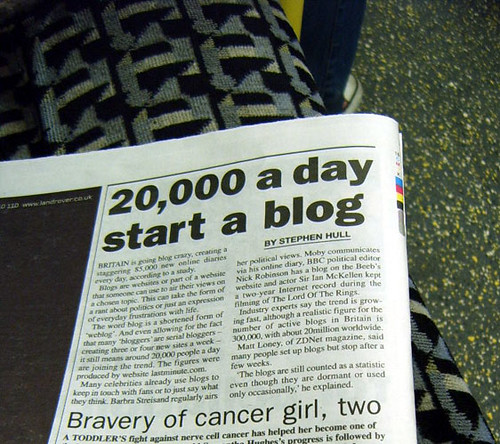What have I been doing recently?
My work has two components.
Firstly, there’s everything I do for ProCopywriters, the association that I organise:
- commissioning a new website for CopyCon
- managing the design and production of our latest survey of the copywriting profession
- creating the programme for CopyCon 2022
- managing the ProCopywriters team
- developing our book projects
Secondly, there’s all the copy I write for clients:
- intranet editing and shaping for ClearScore
- SEO content updates for ClearScore
- articles for Tide Business Bank
- annual report edits for the British Heart Foundation
- email, website and long-form copy for med-tech firm Kinepict
All while training for my first marathon!





